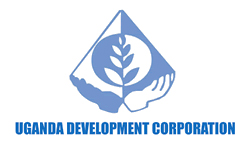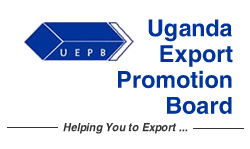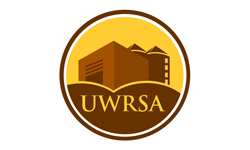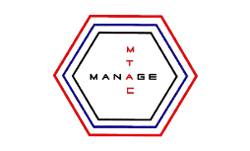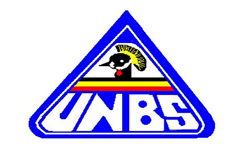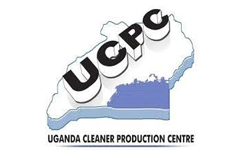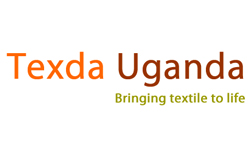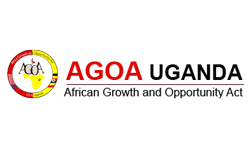Uganda to Benefit from USD $21.3 million Grant from UK to Promote Trade
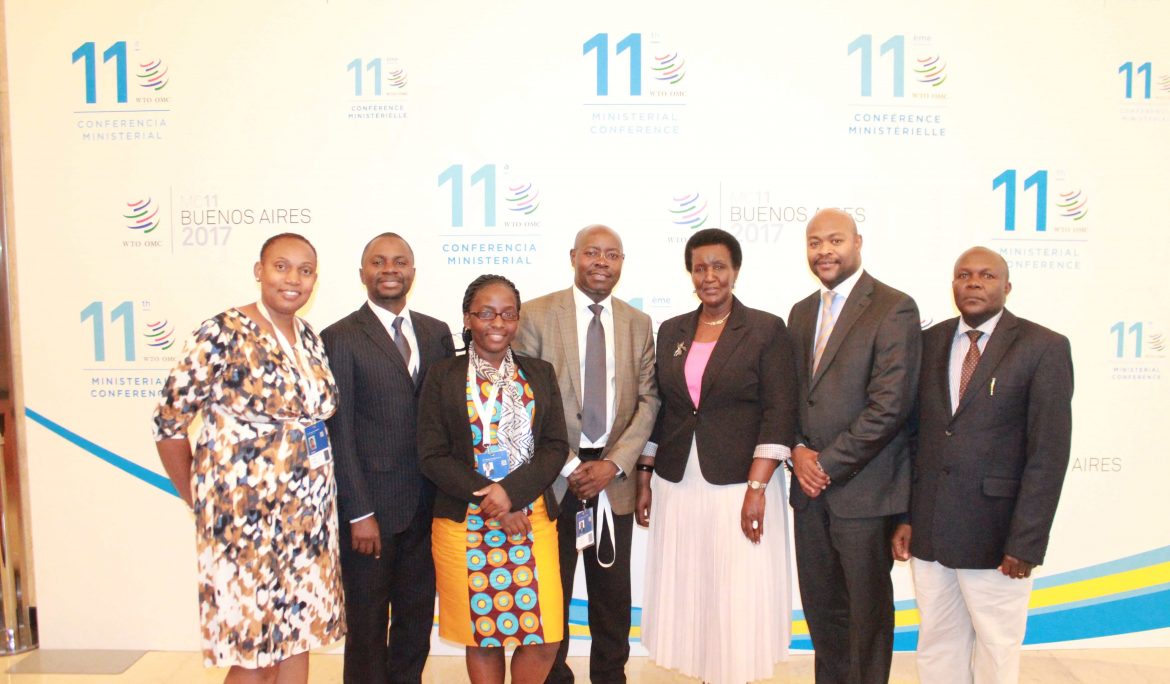
Uganda is one of the 51 countries set to benefit from UGX 76.68 billion (USD$21.3 million) grant that the United Kingdom has pledged towards the Enhanced Integrated Framework (EIF), an innovative global trade programme that brings together partners and resources to support Lest Developed Countries in using trade for poverty reduction, inclusive growth and sustainable development.
UK made the announcement during a meeting for the Enhanced Integrated Framework on the sidelines of the ongoing 11th WTO Ministerial Conference in Buenos Aires, Argentina.
Announcing the commitment on 12th December 2017 in Buenos Aires, the Minister of State for Trade Policy, Department for International Trade, UK Greg Hands said trade and economic development is clearly the most effective way for countries to create investment and jobs.
“I’m delighted that the UK’s generous support to the Enhanced Integrated Framework will help the world’s poorest countries trade out of poverty,” said Greg Hands.
The funds from UK will help the least developed countries (LDCs) like Uganda to develop the tools, skills and economic capacity they need to become competitive in targeting new markets for their goods and services. Least Developed Countries account for 13 percent of the world’s population, but engage in less than one percent of global trade.
Speaking during the meeting, the WTO Director General Roberto Azevêdo cited EIF’s progress with helping LDCs improve production and create jobs by producing spices, mangoes, honey, textiles and other products.
“The EIF does vital work and has made a real impact on the ground,” the WTO Director General said. “But we are starting from a low base here. There is still a huge amount to be done. We are particularly grateful for the UK’s commitment at this time. We see it as recognition that EIF and the countries it partners with are indeed on the right path.”
EIF Executive Director Ratnakar Adhikari said the funding commitments and pledges made at the Ministerial Conference and in the coming year will help LDCs ready themselves for paradigm shifts in the global economic system, including the growing trend in E-Commerce. EIF’s work so far has provided the world with success stories, Adhikari added, “But this does not mean that the work is done. Rather, it is a reminder of how important this work is—and how much more focus it deserves.”
Trade Minister and leader of Uganda´s delegation in the WTO MC11 in Argentina Amelia Kyambadde says the grant will help Uganda to further mainstream trade, address the supply side challenges and build the capacity to gain entry into the global trading system.
The EIF has been funding Uganda since 2008 with most of the funds injected in the mainstreaming trade at the grassroots through the District Commercial Services Project that was implemented by the Ministry of Trade Industry and Cooperatives (MTIC) since 2012. The project sought to arm District Commercial Officers (DCOs) with skills and tools to promote and grow businesses at the grass root.
“DICOSS focused on trade, tourism, industry and cooperatives sectors and the ability of both the GOU and the Local Governments to deliver these services at the grassroots level with DICOSS as the focal individuals to drive this agenda” explained Kyambadde.
DICOSS has built the capacity of DCOs from 25 districts through redefining their functions, equipping them, building skills in them; and facilitating and improving their links with the Ministry, other government agencies and lower local governments, and the public.
“Because of the success of the DICOSS Project, Government has rolled out the Conditional Grant to all Local Governments to promote commercial services at the grassroots”, explained Kyambadde.
This Financial year 2017/2018, the EIF has extended a grant of USD 300,000 (Shs 1.1billion) to implement phase 2 of the Trade Capacity Enhancement Project (TRACE) in the Ministry of Trade.

